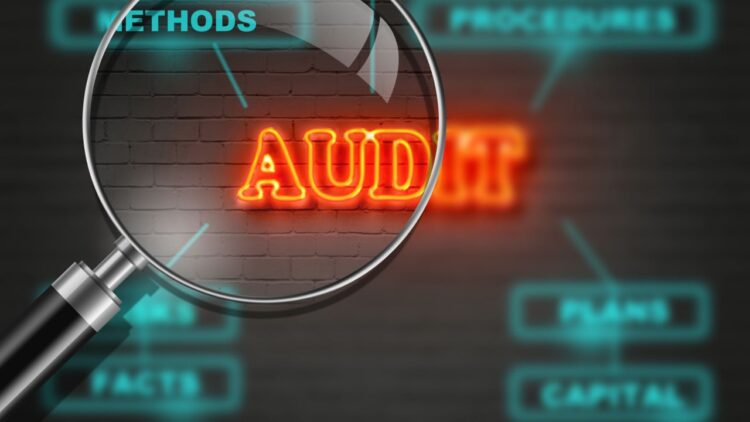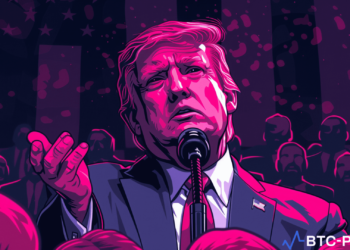On December 8, 2022. Kraken’s founder, Jesse Powell, expressed his concern regarding the use of collateral value. He had some pressing questions as regards why collateral value should be used if negative balances are included, why there is no wallet signing, and who issues BTCB and BBTC.
ok, I'll give you a hint. This is just the easy stuff that says this OBVIOUSLY is not a traditional Proof of Reserves, and should immediately have had actual journalists digging.
Why use collateral value? Why negative balances included? No wallet signing? Who issues BTCB & BBTC? pic.twitter.com/F9u4XJ5WSi
— Jesse Powell (@jespow) December 8, 2022
He expressed skepticism regarding the exchange’s Proof of Exchange strategy and provided evidence to back up his claims.
Prior to the collapse of the cryptocurrency exchange FTX, he had expressed some reservations regarding the use of “proof of exchange,” which was viewed as a crucial instrument to prevent instances involving manipulation, abuse, and theft of user assets.
Proof of Reserve is a procedure used by centralized cryptocurrency reserves to maintain transparency. It makes use of cryptographic proofs to confirm the ownership of public addresses and regular third-party audits to vouch for the accuracy of the platform’s fund reserves.
Jesse Powell believes that this technique, which was implemented following the FTX collapse, is useless because it excludes liability.
According to him, a complete and accurate PoR audit requires signatures proving the custodian’s control over the wallets, user-verifiable cryptographic proof that each account was added to the total, and user-verifiable cryptographic proof that each account was excluded from the audit.
He previously identified Coin Market Cap as one of the exchanges that shared erroneous proofs of reserve as a result of the lack of cryptographic proof of customer balances and wallet control.
Changpeng Zhao, the CEO of Binance, recently unveiled a proof-of-reserve method that enables users to validate their assets using a Merkel tree.
Jesse Powell also raised this issue because he wants consumers to be able to tell whether a system has more cryptocurrency on hand than it owes to users. In response to his concerns, CZ announced that efforts to develop a secure centralized exchange had already started.
According to Jesse Powell’s tweet, this is just the simple evidence that demonstrates that this is not a traditional proof of reserve, and it should have immediately motivated actual journalists to begin their search.
He believes that this inaccurate proof of reserves may be the result of dubious business going on, and many others have backed up his theory. A concerned person asked the question of how to ensure that those assets weren’t used as collateral for loans.
Powell answered that people won’t be able to. He mentioned in his response that the audit is not meant to demonstrate anything beyond what the custodian is in control of.










